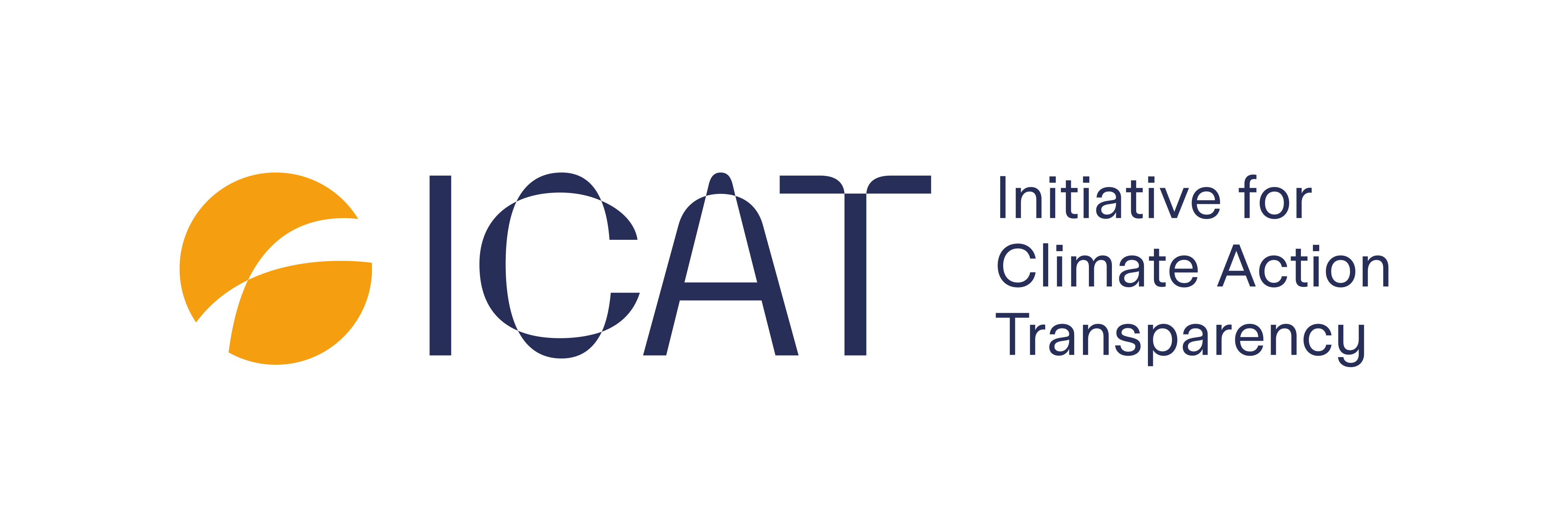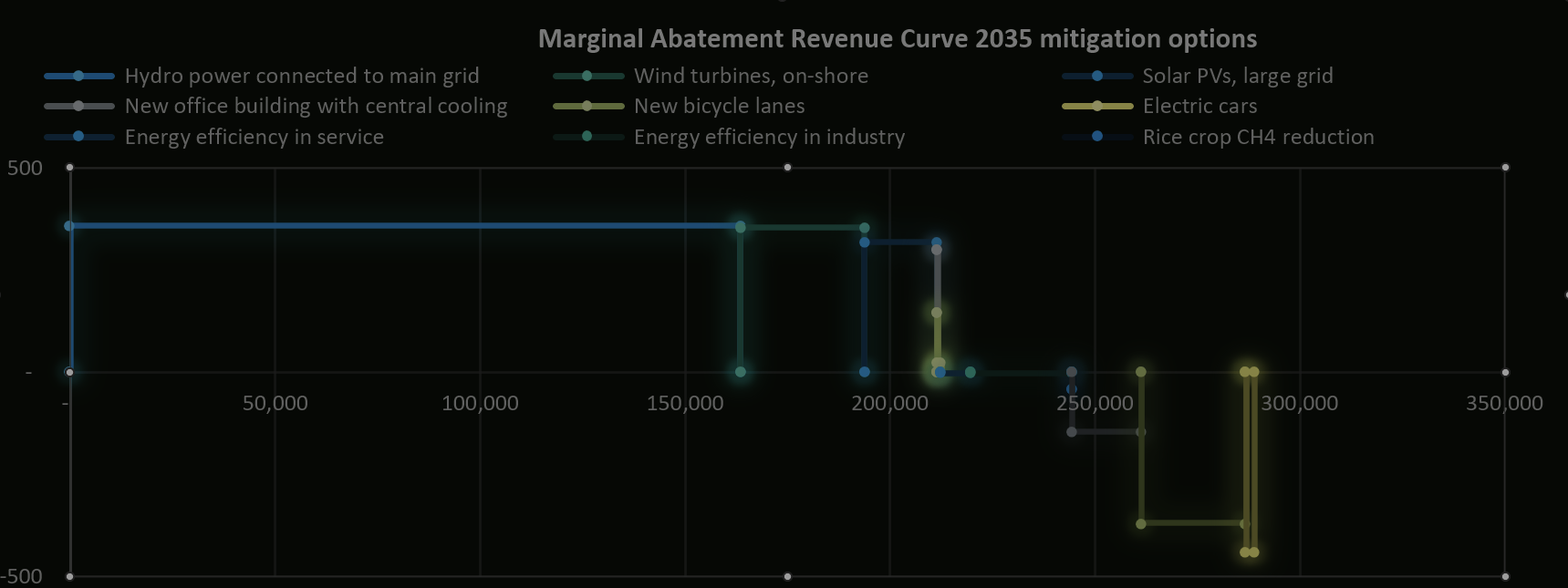The Belizean effort to combat the climate crisis has received a significant boost through a training programme aimed at enhancing the country’s capabilities in implementing the Enhanced Transparency Framework under the Paris Agreement.
The programme, which contains a series of training workshops, is carried out under the Initiative for Climate Action Transparency (ICAT) by UNEP Copenhagen Climate Centre.
Central to this initiative is the Greenhouse Gas Abatement Cost Model (GACMO), a newly updated tool that can be used for emission and mitigation modelling, improving Belize’s climate tracking and reporting efforts.
As part of the training programme, sectoral measurement, reporting and verification (MRV) data champions and staff of the National Climate Change Office (NCCO) embarked on a two-day intensive training session in early 2024. The training equipped participants with the skills and knowledge needed to use GACMO for projecting future emissions scenarios and monitoring progress towards Belize’s nationally determined contributions (NDCs).
GACMO: User-friendly emissions modelling
GACMO is a greenhouse gas emissions projections tool for navigating the complexities of emissions reductions and charting future emissions pathways.
The GACMO training delved deep into various aspects of the tool, from its structure and required data to practical exercises on exploring mitigation options, particularly in the power generation sector. Participants engaged in hands-on exercises related to solar photovoltaic (PV) installations, solar insolation analysis, and investment cost assessments for solar PV projects. These exercises provided invaluable insights into leveraging renewable energy sources to drive emissions reductions in Belize’s energy sector.
Bolstering climate transparency
The training also emphasized the possibilities to use GACMO in facilitating the compilation of information for Biennial Transparency Reports (BTR) to be submitted to the UNFCCC by the end of 2024.
GACMO provides a way to establish emission scenarios that can enhance Belize’s data and information base on which to define Projections of emissions and removals, and report on Information necessary to track progress made in implementing and achieving its NDC, through the reporting of mitigation impacts of its mitigation measures, central reporting elements of the BTR.
By integrating GACMO results with the BTR requirements, Belize can enhance the accuracy and reliability of its climate reporting mechanisms, bolstering climate transparency and accountability.
Additional training sessions were held in January 2024 to cover NDC tracking approaches to respond to the BTR requirements for NDC Tracking, further empowering Belizean stakeholders to effectively monitor and report progress towards achieving their climate goals.
Transport and inventory training
In March 2024, through Climate Smart Initiatives, ICAT also provided hands-on training on the ICAT Transport Climate Action Data tool, to NCCO, Department of Transport and Energy Unit staff, providing a practical tool to establish emission scenarios and keep track of climate action in the transport sector. Additional capacity building training sessions for the transport sector is also planned, to further enhance transparency capacities in the sector on data collection methods, methodologies and data management, and data verification and the role of MRV in policy assessment and formulation.
Through a collaboration between ICAT and the Capacity-building Initiative for Transparency – Global Support Programme (CBIT-GSP), additional training sessions were provided In April 2024. The training improved capacities of the national data champions for preparation and reporting the national greenhouse gas inventory, with an emphasis on the agriculture, industry and waste sectors which were assessed as priority sectors in need of greenhouse gas inventory capacity building.



